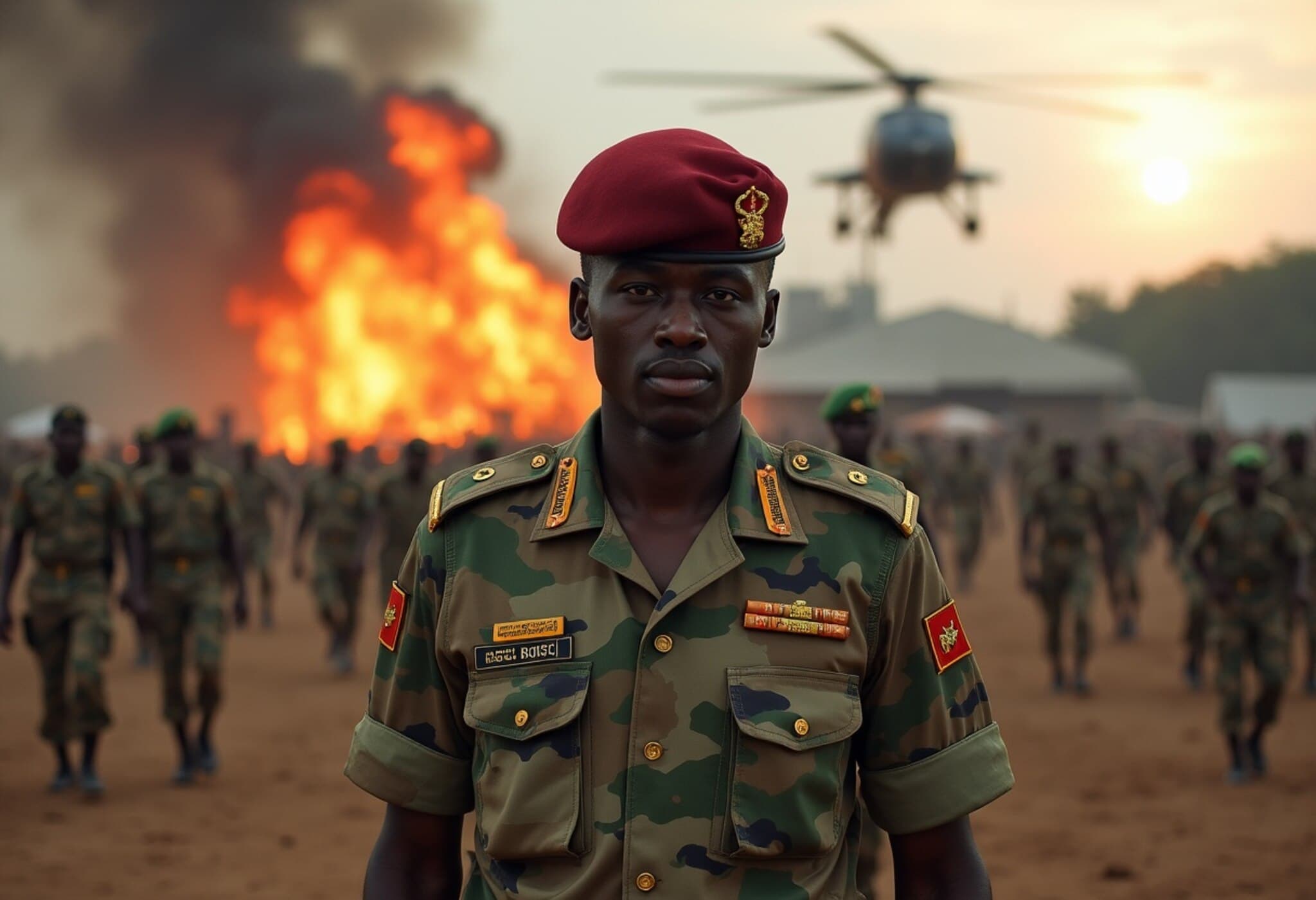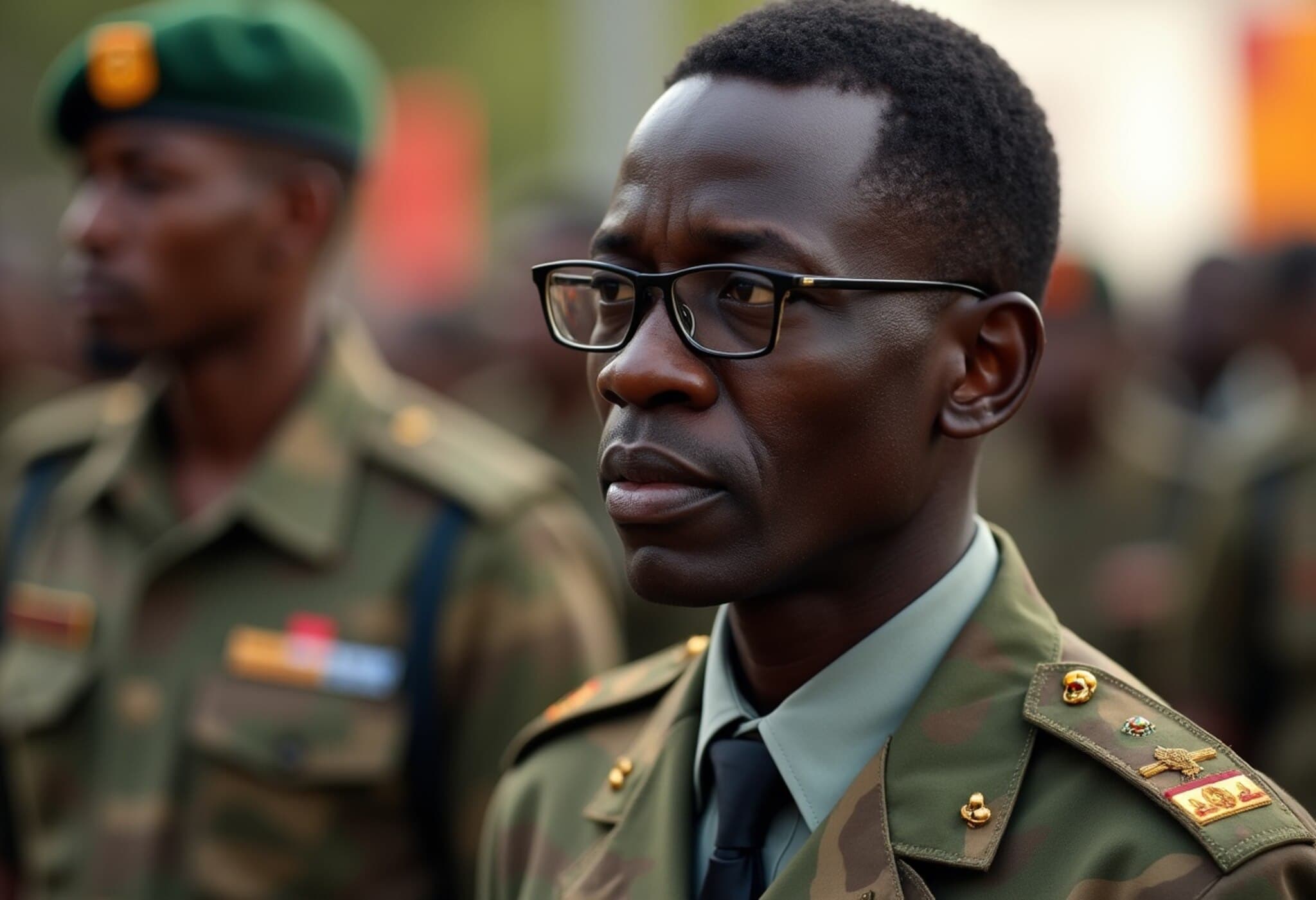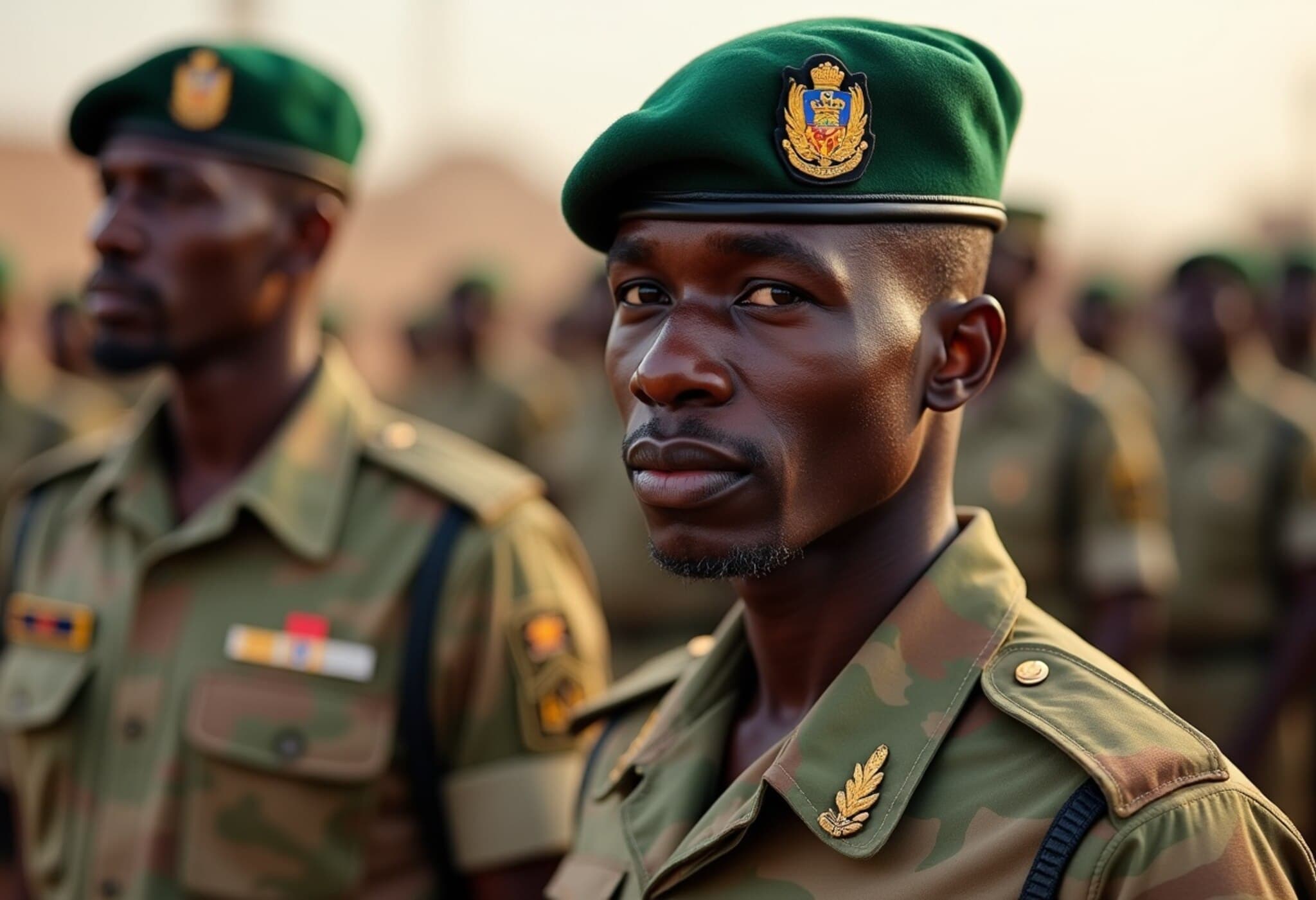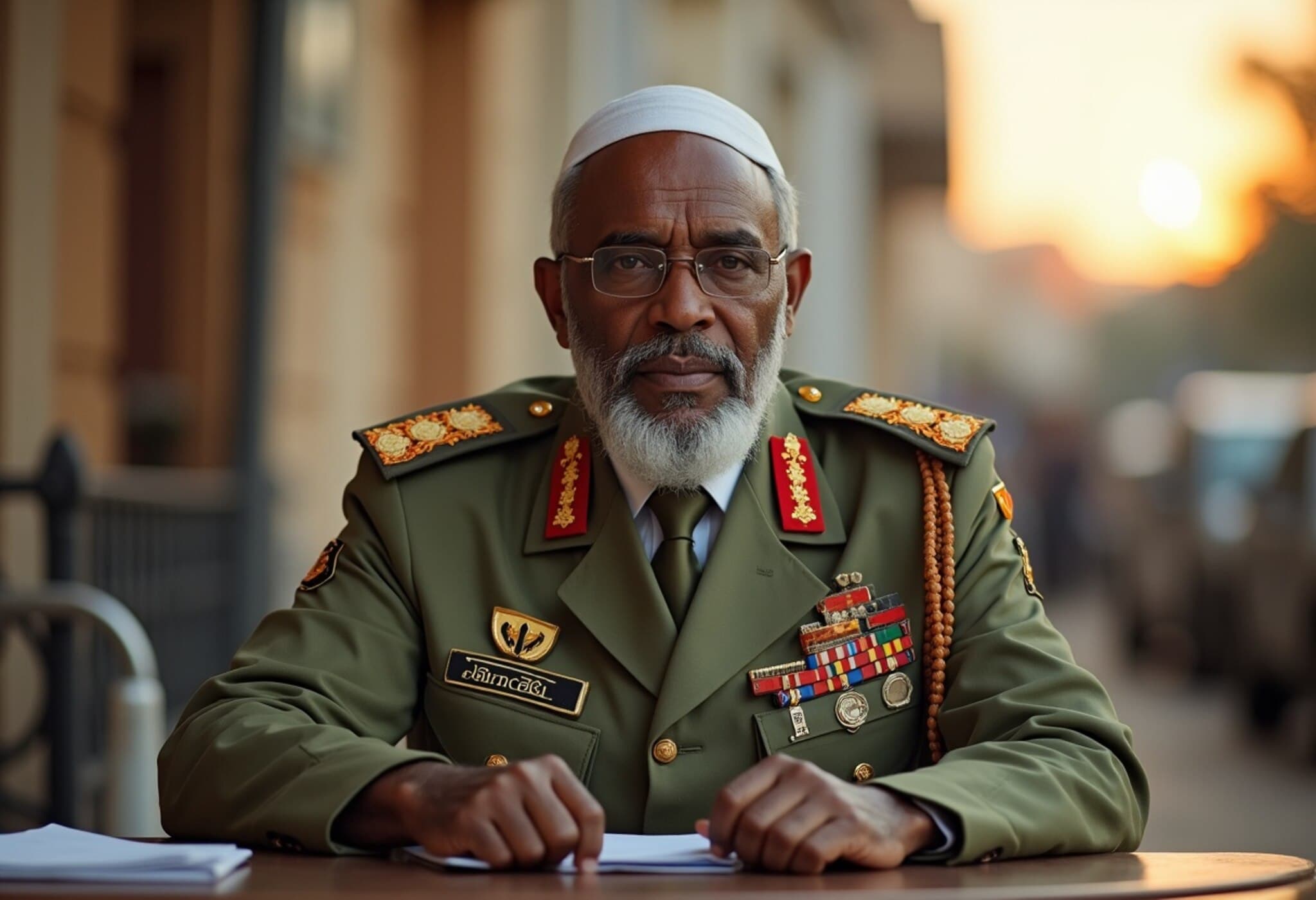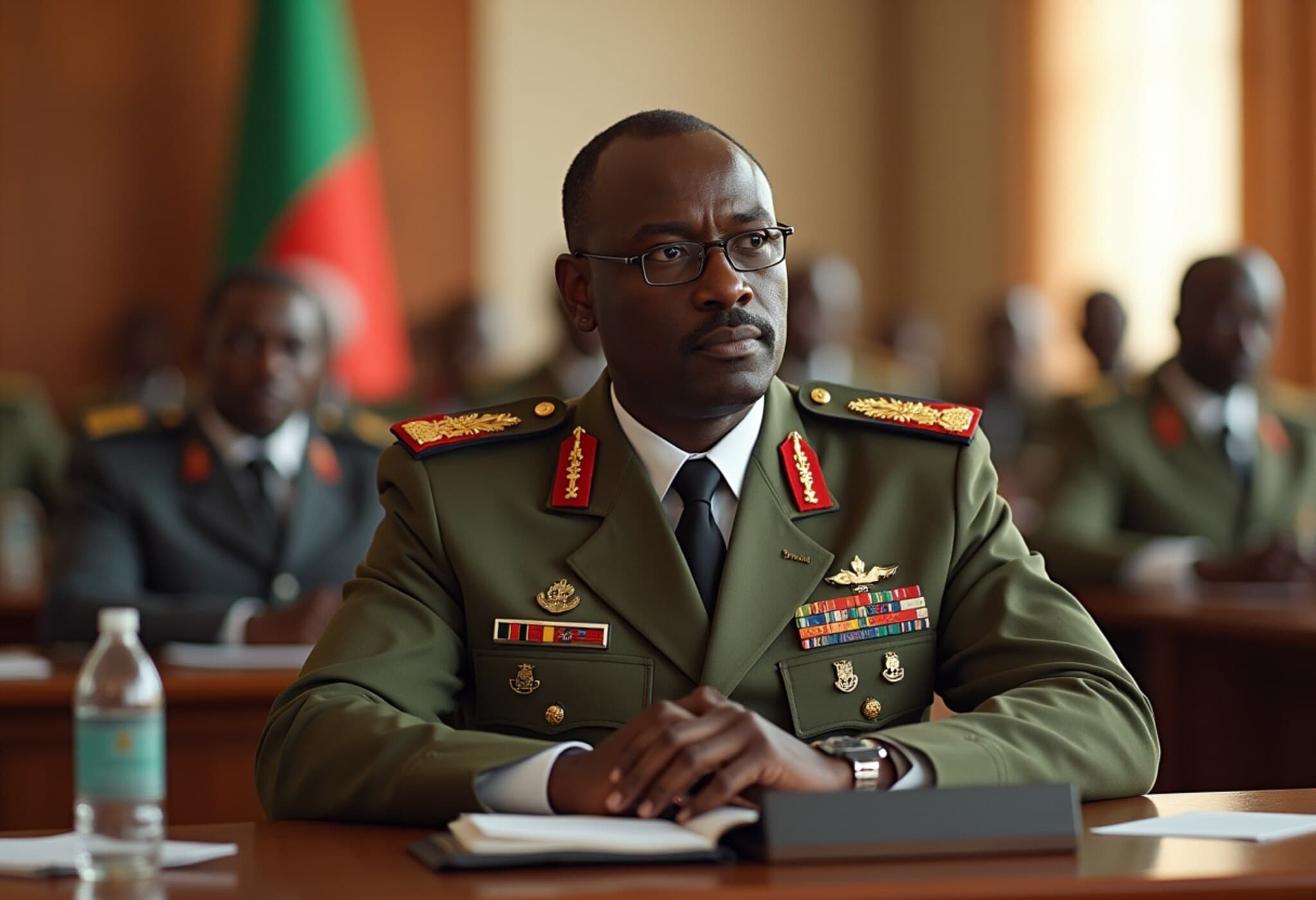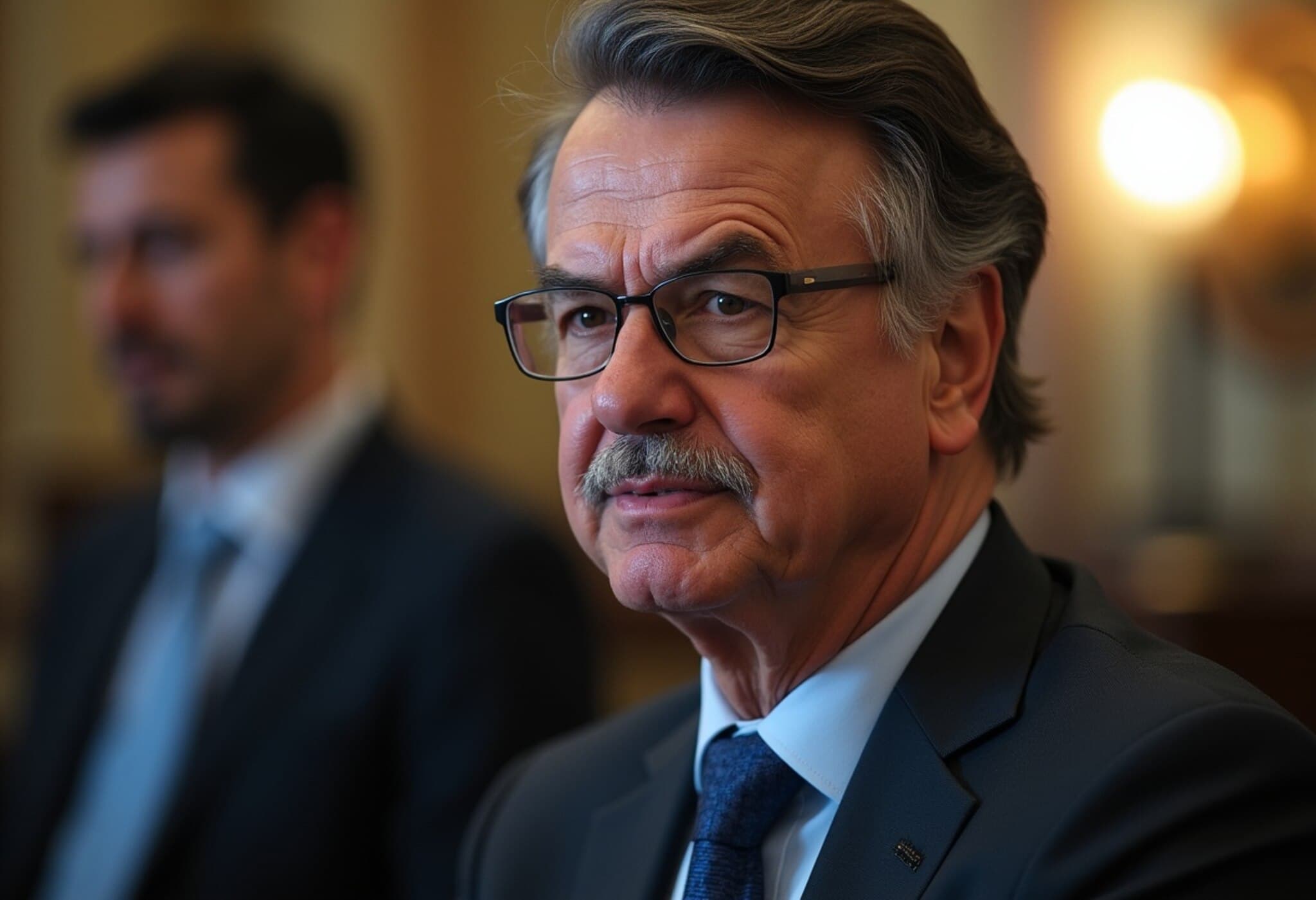Helicopter Crash in Ghana Results in Loss of Top Government Officials and Crew
In a devastating blow to Ghana’s leadership and national security, a military helicopter crashed on the morning of August 6, 2025, killing all eight people on board. The incident claimed the lives of Defense Minister Edward Omane Boamah, Environment Minister Ibrahim Murtala Muhammed, along with other high-ranking officials and crew members.
Details of the Fatal Crash
The military helicopter departed from the Ghanaian capital, Accra, heading northwest towards the mineral-rich Obuasi gold mining area in the Ashanti region. Shortly after takeoff, contact with the aircraft was lost, and it was later found crashed near Sikaman in the Adansi district of Ashanti. The wreckage was discovered smoldering in a forested area, with local eyewitnesses documenting the scene of destruction.
The helicopter, identified as a Z-9 model commonly used for transport and medical evacuation, carried senior government figures including Samuel Sarpong, vice-chair of the ruling National Democratic Congress, and Muniru Mohammed, a chief national security advisor. The four crew members also perished in the crash.
National Grief and Government Response
The tragic loss has sent ripples of grief throughout Ghana. Mourners gathered both at the late Defense Minister Boamah’s home and the political party headquarters to pay their respects. The government officially declared the accident a “national tragedy” and has launched a thorough investigation to determine the cause of the crash.
This accident represents one of the worst air disasters in Ghana in over a decade, stirring concerns about aviation safety and maintenance protocols within military operations.
Historical Context and Aviation Safety in Ghana
- In May 2014, a military service helicopter crashed off Ghana’s coast, resulting in three deaths.
- In 2012, a cargo plane overshot the runway at Kotoka International Airport in Accra and collided with a public bus, killing at least ten.
These incidents highlight ongoing challenges in Ghana’s aviation sector, particularly relating to military and civil aircraft safety standards.
Expert Insight: Implications for Ghana's Governance and Security
The simultaneous loss of high-ranking officials, especially in defense and environment ministries, poses not only an emotional toll but also a strategic setback for Ghana’s government. The Defense Ministry plays a crucial role in national security and regional stability in West Africa, a region grappling with security challenges including militant insurgencies and territorial disputes.
Environmental governance is equally vital, considering Ghana’s rich natural resources and the growing need for sustainable policies amid climate change pressures. The death of Minister Ibrahim Murtala Muhammed could delay critical initiatives on environmental protection and resource management.
Moreover, the incident raises critical questions about the safety procedures and operational readiness within Ghana’s military aviation fleet. For a country nearing strategic economic milestones, including increased foreign investment in mining and infrastructure, safeguarding government officials and ensuring reliable transportation is paramount.
Looking Ahead: Calls for Transparency and Improved Safety Measures
As Ghana mourns, there is mounting public and international expectation for a transparent investigation to uncover the precise cause of this helicopter disaster. Whether technical failure, human error, or other factors contributed, thorough analysis and accountability will be vital in restoring public trust in Ghana’s aviation safety protocols.
In addition, this tragedy underscores the urgent need for investing in updated technology, training, and maintenance regimes within the military to prevent future catastrophes.
Editor’s Note
This heartbreaking accident not only marks a significant loss for Ghana's government and people but also invites a broader reflection on how emerging economies contend with the complexities of balancing political stability, infrastructure modernization, and safety standards. How Ghana navigates the aftermath—both in honoring its fallen leaders and enhancing national aviation safety—will be crucial to its progress on the regional and global stage.
We will continue to monitor developments as the investigation unfolds and provide updates on the implications for Ghana’s governance and security landscape.

